Challenging Autism Behavior Problems
Challenging behaviors in autism refer to any behavior that is harmful to the individual with autism or those around them, and can interfere with their daily functioning.

What are challenging behaviors in autism?
Challenging behaviors in autism refer to any behavior that is harmful to the individual with autism or those around them, and can interfere with their daily functioning.
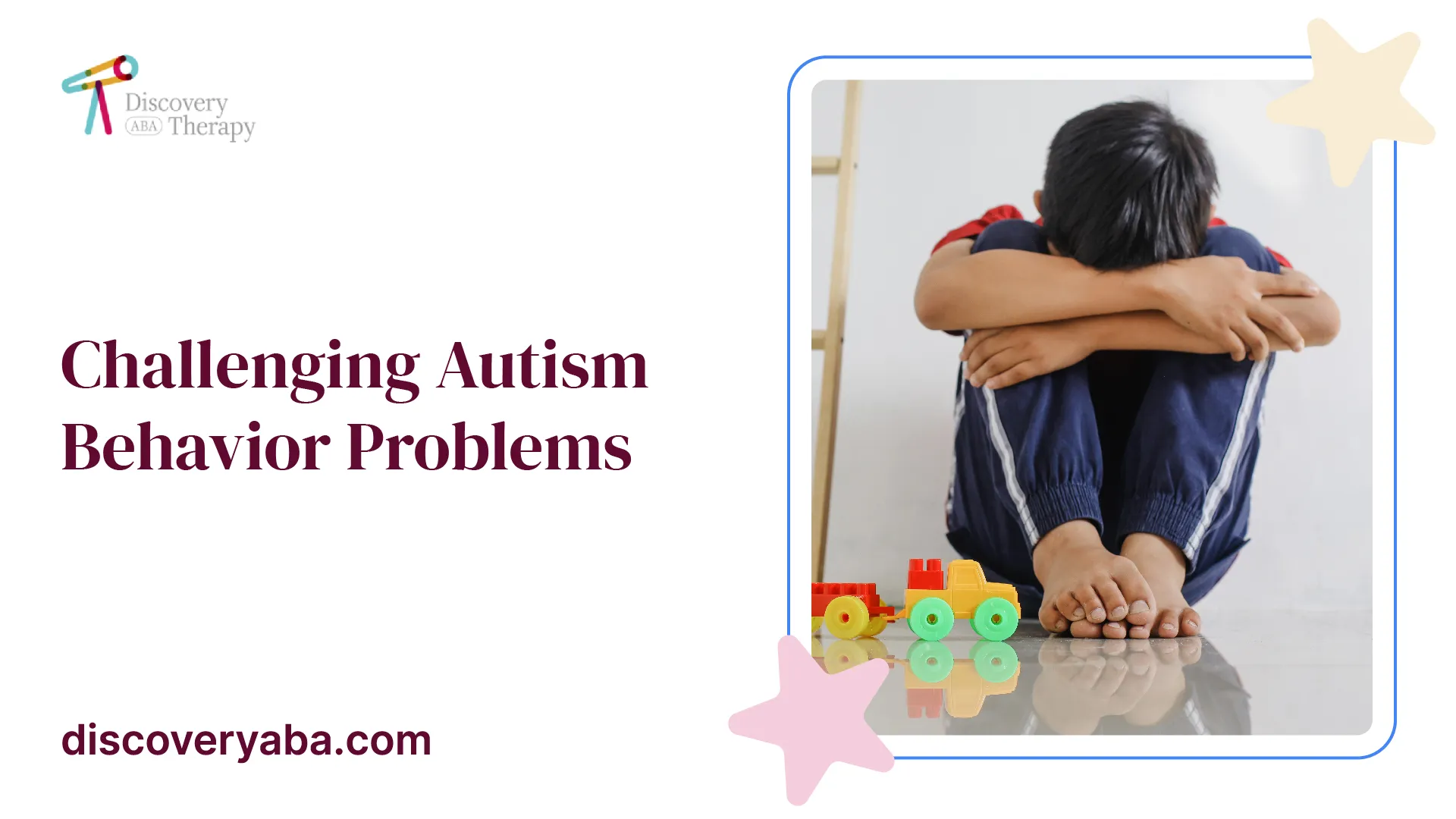
These behaviors can manifest in many different ways, such as physical aggression, self-injury, property destruction, and elopement.
It is important to understand that these behaviors are not intentional and are often a result of difficulties with communication, sensory processing, or understanding social situations.
By identifying the root cause of these behaviors and implementing effective strategies, we can help individuals with autism manage their challenging behaviors and improve their overall quality of life.
Understanding challenging behaviors in autism
Autism spectrum disorder (ASD) is a complex neurodevelopmental disorder that affects communication, social interaction, and behavior.
Children and adults with ASD often experience challenging behavior problems that can interfere with their daily lives and relationships. These behaviors can include aggression, self-injury, tantrums, and repetitive or obsessive behaviors.
Understanding the underlying causes of challenging behavior in individuals with ASD is essential for effective management and support. Here are some common causes of challenging behavior in individuals with ASD:
- Sensory Processing Issues: Individuals with ASD often have difficulty processing sensory information, which can lead to sensory overload or sensory seeking behaviors. For example, a child with ASD may become agitated or upset by loud noises, bright lights, or certain textures.
- Communication Difficulties: Communication is often a challenge for individuals with ASD, which can lead to frustration and difficult behaviors. A child with ASD may become aggressive or throw a tantrum if they are unable to express their needs or wants.
- Difficulty with Transitions: Individuals with ASD often struggle with changes in routine or transitions between activities, which can lead to anxiety and difficult behaviors.
- Executive Functioning Challenges: Executive functioning refers to a set of cognitive processes that are responsible for planning, organizing, and completing tasks. Individuals with ASD often have difficulties with executive functioning, which can lead to difficulty following rules or completing tasks, and can result in challenging behaviors.
Managing challenging behavior in individuals with ASD requires a comprehensive approach that addresses the underlying causes of the behavior. Here are some strategies that can be helpful:
- Sensory Support: Providing sensory support, such as noise-cancelling headphones or weighted blankets, can help individuals with ASD regulate their sensory input and reduce challenging behaviors.
- Communication Support: Providing communication support, such as visual schedules or picture cards, can help individuals with ASD express their needs and wants, reducing frustration and difficult behaviors.
- Predictability and Routine: Creating a predictable routine and providing advanced notice of changes can help individuals with ASD feel more secure and reduce anxiety and difficult behaviors.
- Positive Reinforcement: Using positive reinforcement, such as praise or rewards, can help individuals with ASD learn new skills and behaviors, and can reduce challenging behaviors.
- Professional Support: Seeking support from professionals, such as a behavior analyst or occupational therapist, can provide additional strategies and support for managing challenging behaviors in individuals with ASD.
Strategies for addressing repetitive or obsessive behaviors in individuals with ASD
Repetitive or obsessive behaviors are common among individuals with ASD, and can include things like hand flapping, rocking back and forth, or fixating on a particular topic or object.
While these behaviors may not necessarily be harmful, they can interfere with daily activities and social interactions.
Here are some strategies that can be helpful for addressing repetitive or obsessive behaviors in individuals with ASD:
- Identify the function of the behavior: Repetitive or obsessive behaviors often serve a specific function for individuals with ASD, such as providing sensory input or reducing anxiety. Identifying the function of the behavior can help you develop more effective strategies for addressing it.
- Provide alternative sensory input: If repetitive or obsessive behaviors are related to sensory seeking, providing alternative sensory input can be helpful. For example, offering a stress ball or fidget toy can provide the same kind of stimulation without interfering with daily activities.
- Use visual supports: Providing visual supports, such as a picture schedule or timer, can help individuals with ASD understand when it's appropriate to engage in certain behaviors and when it's time to move on to something else.
- Offer choices: Giving individuals with ASD choices about how they spend their time and what activities they engage in can help reduce repetitive or obsessive behaviors by increasing their sense of control over their environment.
- Engage in positive reinforcement: Like other challenging behaviors, repetitive or obsessive behaviors can often be reduced through positive reinforcement. Offering praise, rewards, or other incentives for engaging in alternative behaviors can encourage individuals with ASD to try new things and reduce their reliance on repetitive behaviors.
By using these strategies consistently and working closely with professionals like behavior analysts and occupational therapists as needed, you can help support individuals with ASD in managing their repetitive or obsessive behaviors and living full and satisfying lives.
Conclusion
In conclusion, challenging behavior is a common issue for individuals with ASD, but with understanding and support, it can be managed effectively.
By addressing the underlying causes of behavior and using a comprehensive approach that includes sensory support, communication support, predictability and routine, positive reinforcement, and professional support, individuals with ASD can thrive and reach their full potential.
Does Your Child Have An Autism Diagnosis?
Learn More About How ABA Therapy Can Help
Find More Articles
Contact us
North Carolina, Tennessee, Nevada, New Jersey, Utah, Virginia
New Hampshire, Maine
Massachusetts, Indiana, Arizona, Georgia
.avif)


.jpeg)
.webp)
.jpeg)
.jpeg)

.jpeg)
.jpeg)
.jpeg)
.jpeg)
%2520(1).jpeg)
.webp)


.webp)
.jpeg)


.jpeg)
.jpeg)

.jpeg)
.jpeg)
%2520(1).jpeg)
.jpeg)
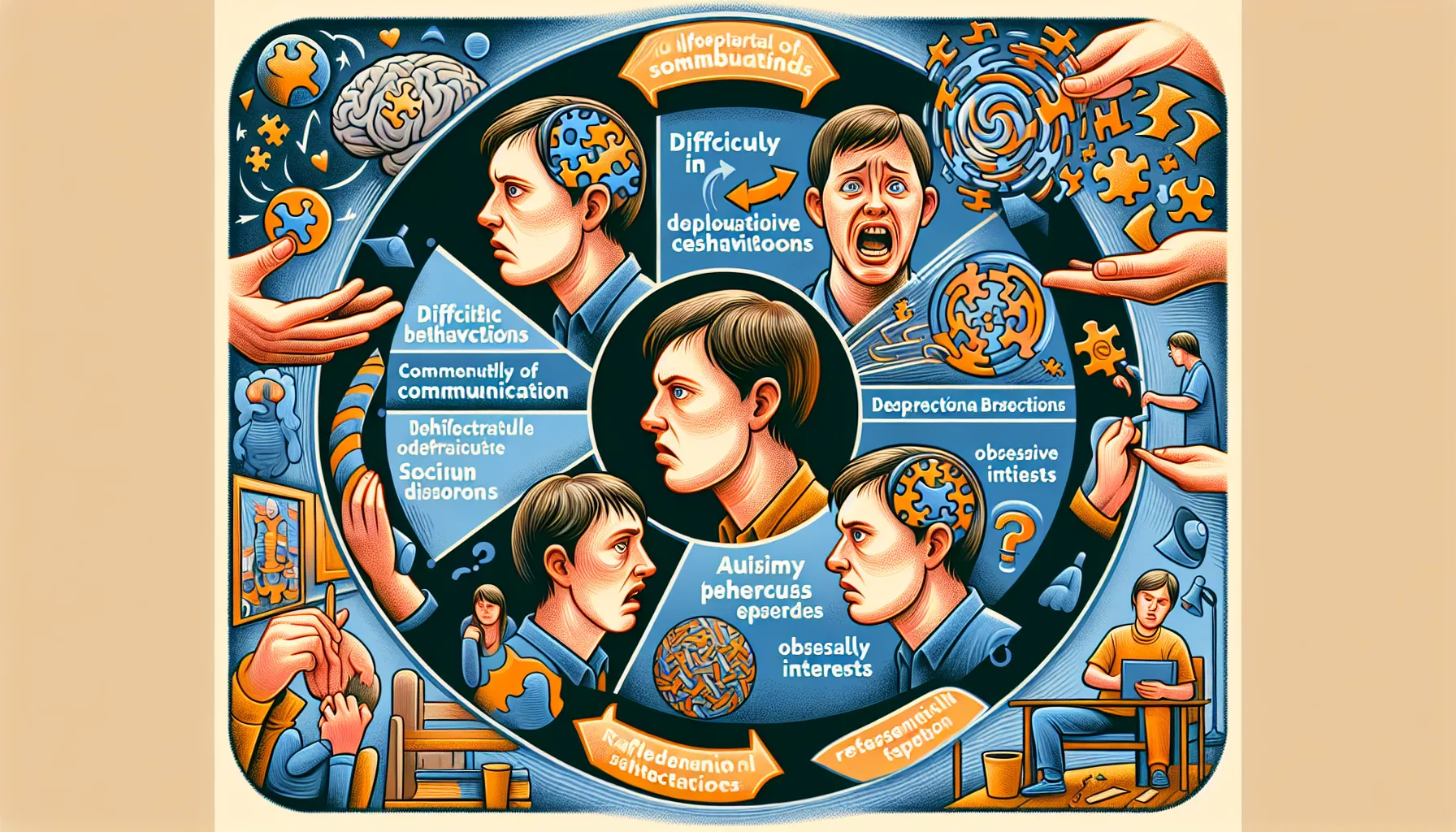
.jpeg)
.jpeg)
%2520(1).jpeg)
.jpeg)
.jpeg)
.webp)
.jpeg)
.jpeg)

.jpeg)


.jpeg)
.jpeg)
.jpeg)
%2520(1).jpeg)
.webp)
.jpeg)
.jpeg)
.jpeg)

.webp)

.jpeg)


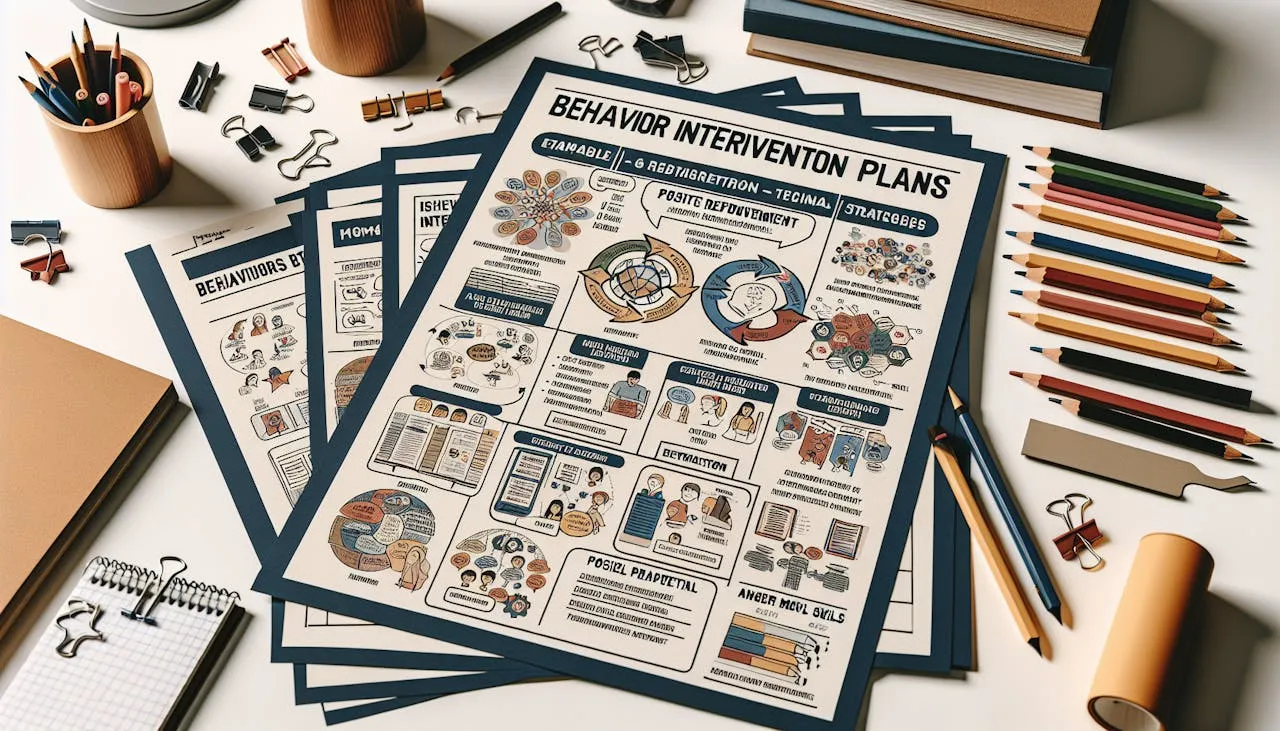
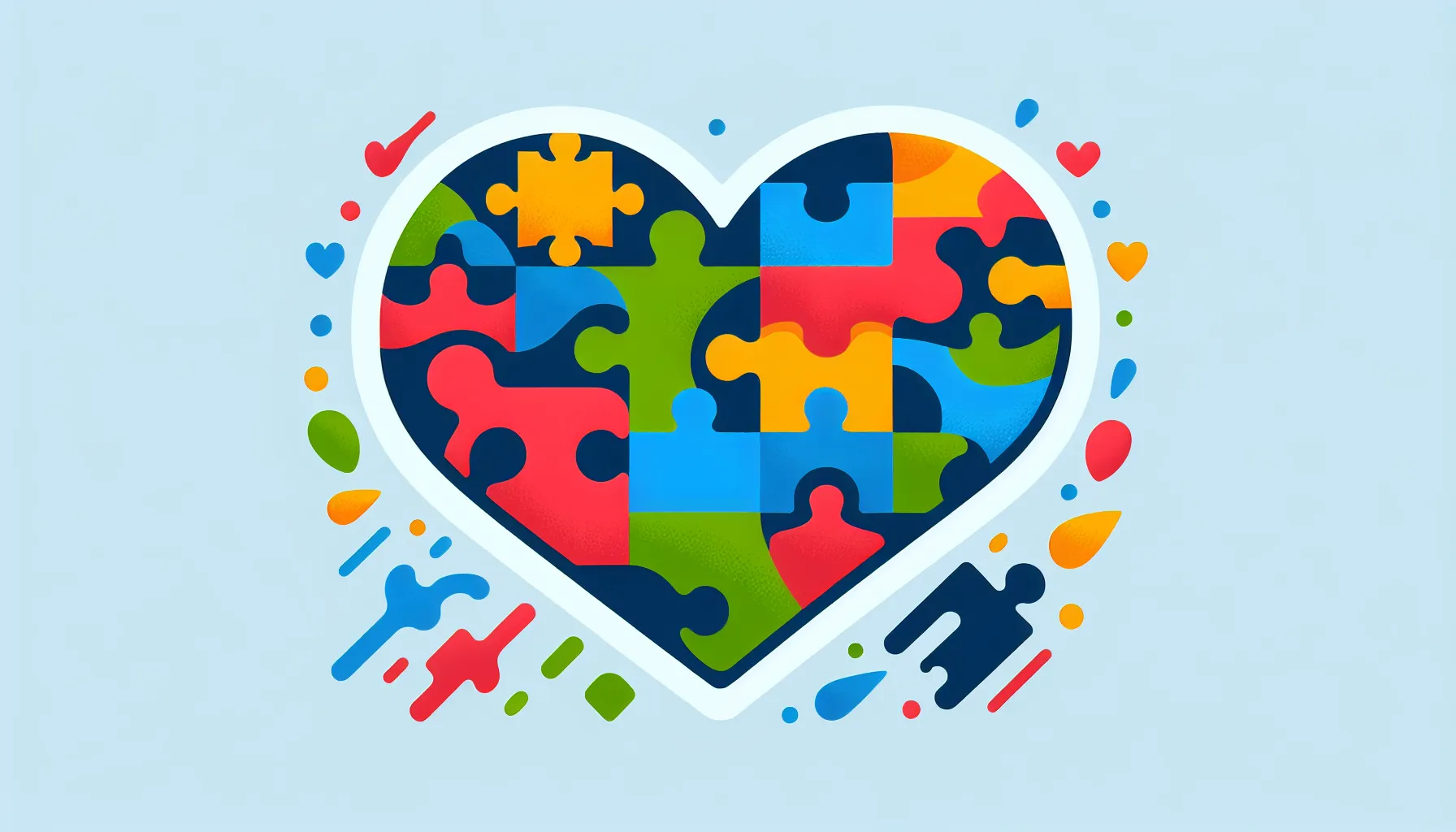

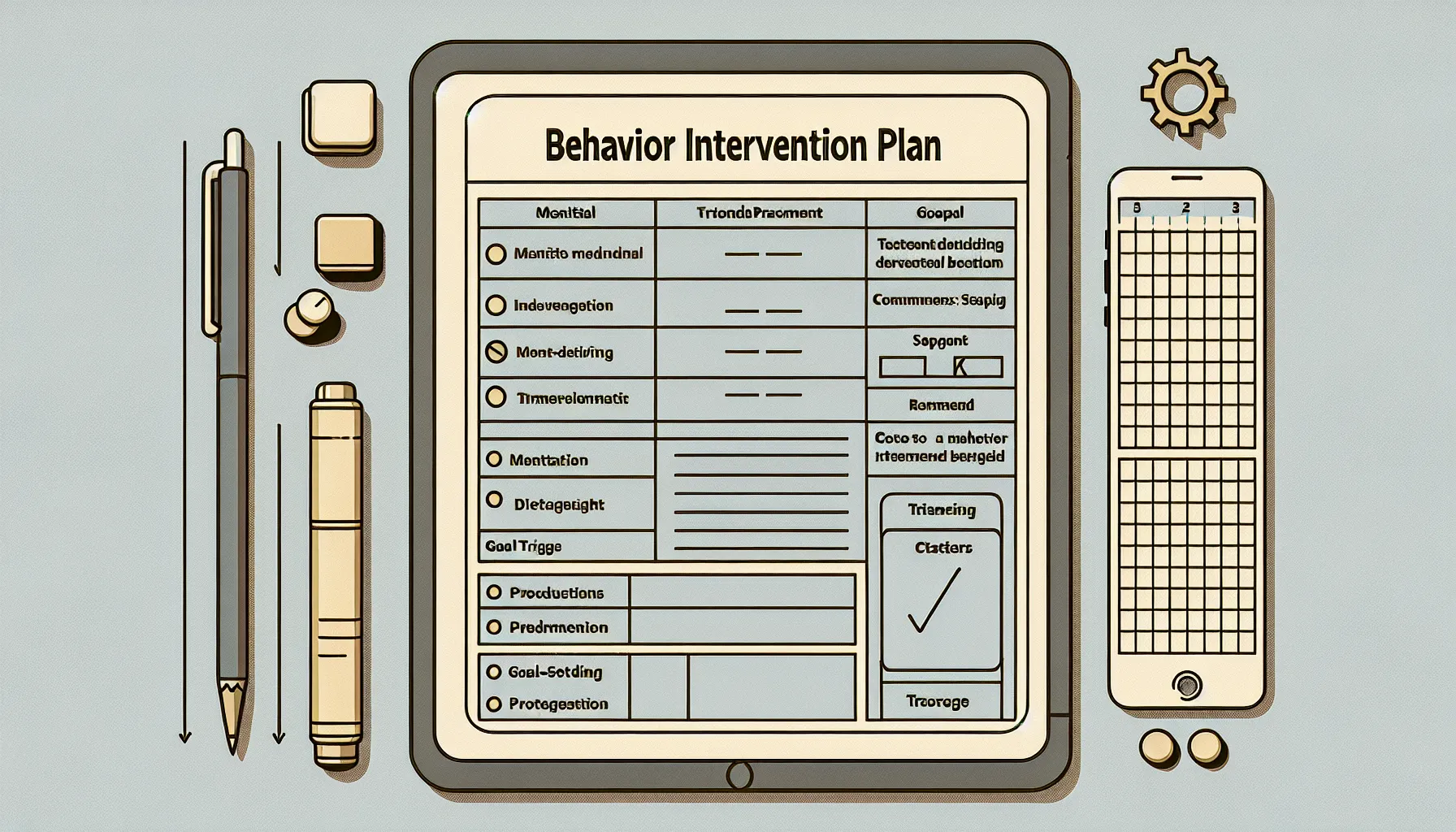

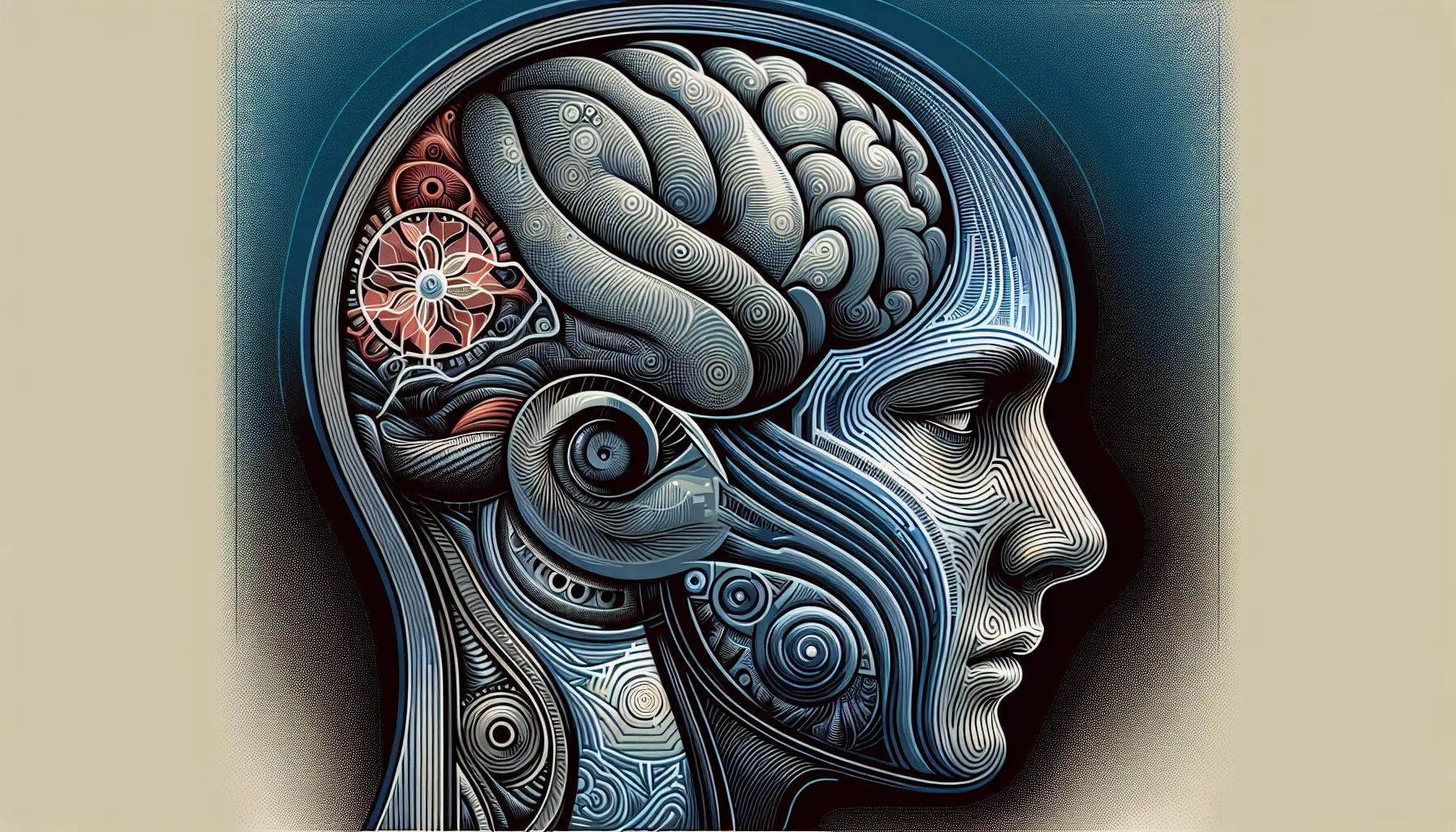



.jpeg)






.jpeg)

.jpeg)







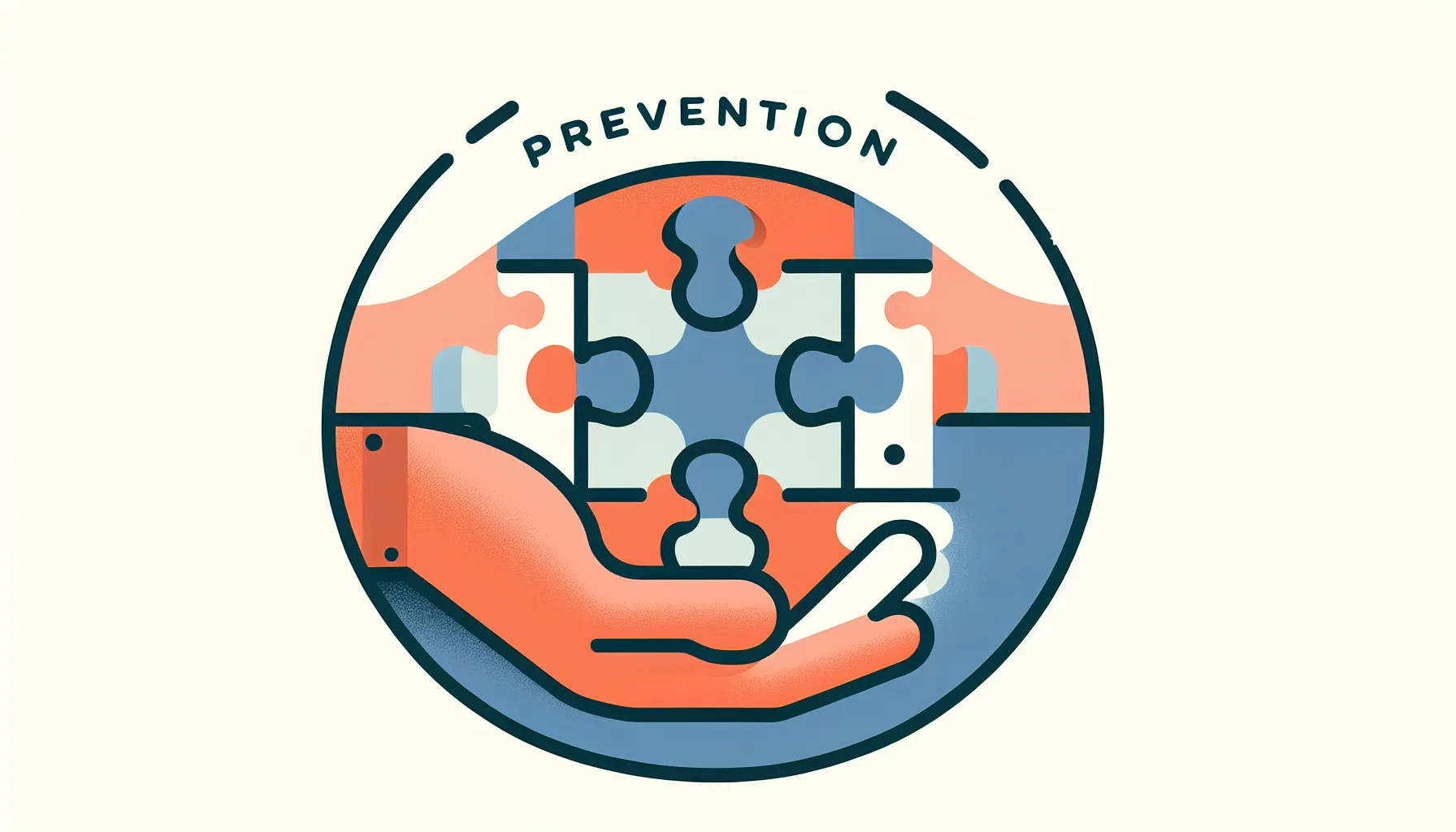
.jpeg)

.jpeg)
.jpeg)


.jpeg)
.webp)


.webp)
.jpeg)

.jpeg)
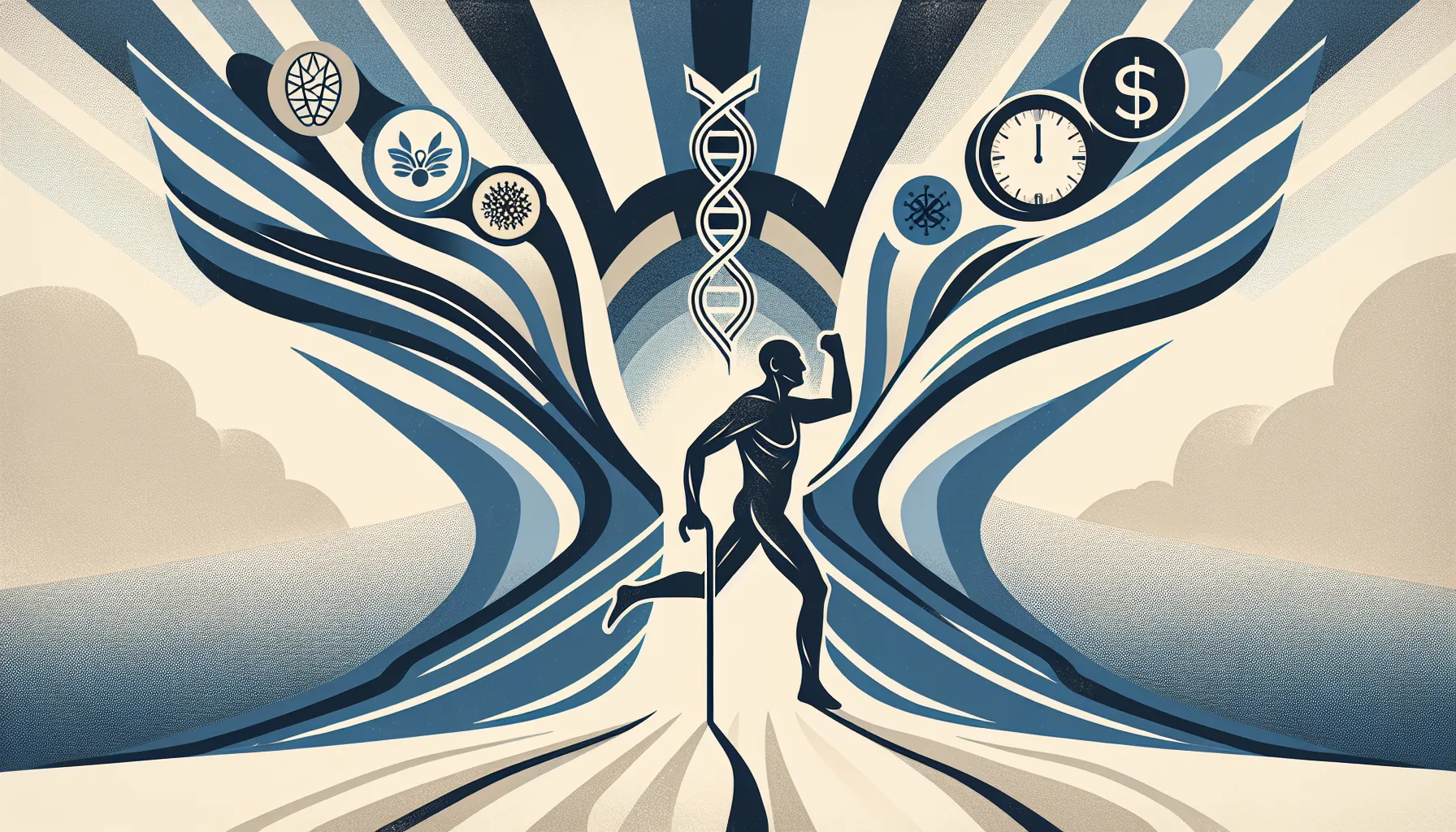

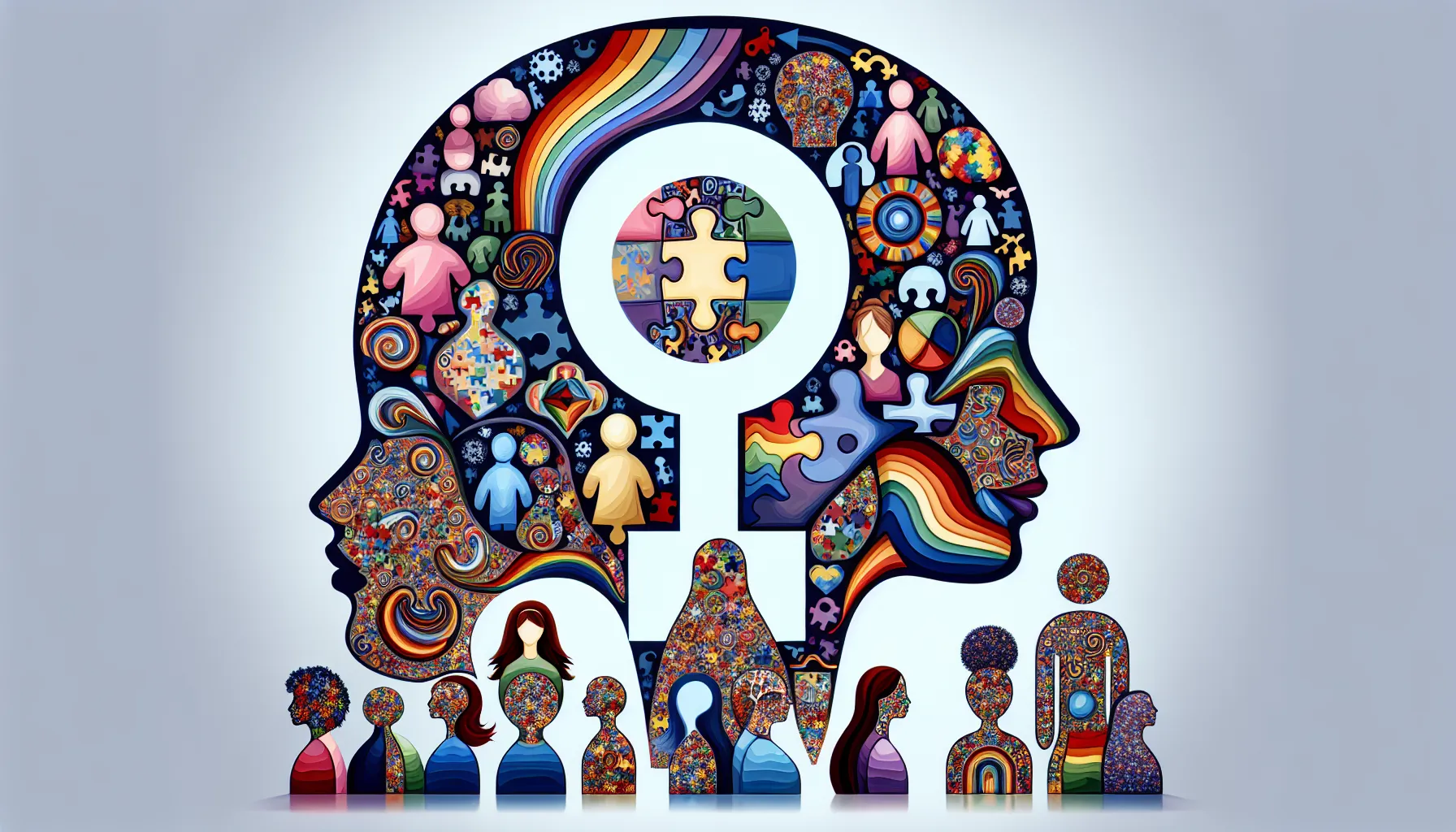
.webp)
%2520(1).jpeg)

